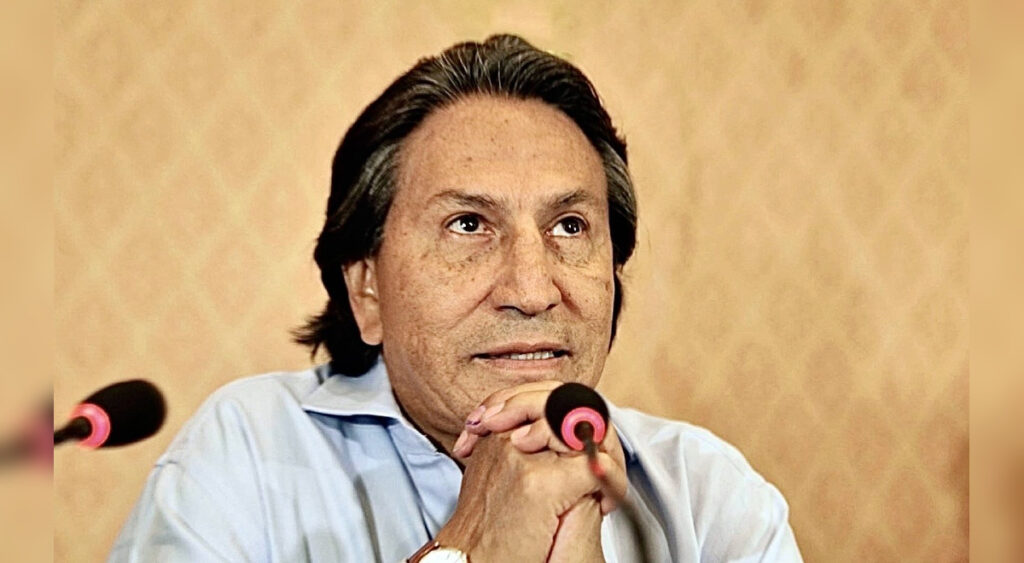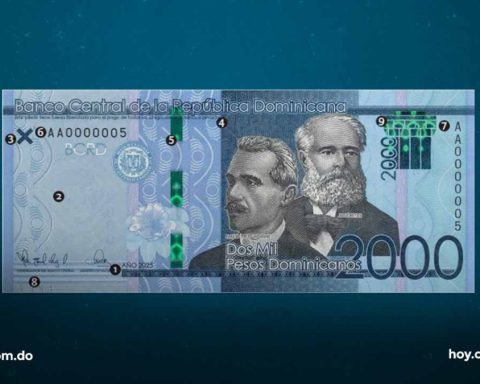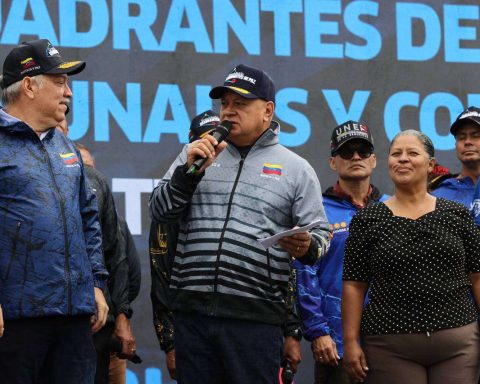The Inter-American Dialogue is preparing the conditions for the debate between the director of its Migration, Remittances and Development Program, Manuel Orozco, together with the director of the Americas Program at the Center for Strategic and International Studies (both based in Washington, DC ), Ryan Berg, and the executive president of the Central American Bank for Economic Integration (CABEI), Dante Mossi, about the Bank’s financial support for the dictatorship of Daniel Ortega and Rosario Murillo in Nicaragua.
It is estimated that, between January 2017 and June 2021, CABEI he had approved 2.289 billion dollarsto the Ortega government, and that if the following three semesters are added, the sum amounts to USD 3.5 billion in recent years, amounts that, in Berg’s opinion, “are disproportionate compared to other Central American countries.”
Mossi’s attitude -who has been widely pointed out as an accomplice of the dictatorship or, at least, of ignoring the multiple human rights violations in the country- earned Orozco and Berg “invited” Mossi to a debate, a challenge that the Honduran accepted publicly to “demonstrate with facts, which are public, how [Orozco] confuses public opinion”, inviting to set a date and place for the debate.
CONFIDENTIAL learned that at least four people would participate in the activity, for which a date has not yet been agreed: Orozco, Berg, Mossi, and a moderator.
Although the CABEI director focused his response on the Nicaraguan Orozco, the truth is that he is not the only one who has questioned Mossi. CONFIDENTIAL reported the complaint of the former representative of Costa Rica before CABEI, Ottón Solís, for excessive expenses made by the Bank’s administrationespecially in matters of per diem and salaries, as well as the letter with which nine directors of the Bank, demanded transparency to the catracho.
The risk of investing in Nicaragua
In a paper prepared for the Center for Strategic and International Studies (CSIS), Berg listed seven ways in which the United States can try to curb the behavior of the Central American Bank for Economic Integration (CABEI), constituted in the most generous provider of resources for the dictatorship of Daniel Ortega.
Until now, despite the approval of laws such as the NICA Act and the Reborn Actthe United States has not been able to change the dynamics that allow CABEI to continue generously financing the regime, especially under the Mossi administration, who in November will seek his re-election to lead the Bank for five more years.
“Despite having a smaller population than Guatemala and Honduras, Nicaragua has received almost 26% of CABEI’s loan portfolio, which illustrates the country’s important financial position within the Bank. In fact, Nicaragua has received more funds than Guatemala and El Salvador combined”, Berg details, recalling that at a recent CSIS event, a panelist referred to Mossi, as “the banker of dictators”.
The expert notes that CABEI’s participation in Nicaragua has resulted in the financing of the National Policethat was sanctioned by the United States for human rights abuses, and the opening of a new headquarters in Managua in March 2022, which cost CABEI almost 20 million dollars.
The low credit rating of B- granted by Fitch Ratings to Nicaragua “threatens CABEI’s financial position by investing in a financially unreliable State, with one of the lowest rankings in the 2022 Corruption Perception Index of Transparency International”, adds Berg.
The US must coordinate with its partners
The options proposed by Berg have the common denominator of trying to prevent CABEI from obtaining more money to finance Ortega, either by cutting off its own flows; seeking the support of its friendly countries that are shareholders in the Bank, in addition to putting pressure on its high authorities by withdrawing their visas, and making the US Congress and Senate investigate the Bank.
Berg proposes that the United States ensure that its development agencies such as USAID and the International Development Finance Corporation (DFC), and its private sector entities, “suspend all dealings with CABEI while the Bank is associated with the financing of dictatorships”.
“The United States should involve Taiwan, South Korea and the European Union (especially Spain), as well as other interested parties in CABEI, to help raise awareness about the lack of transparency within the organization”, to “cut the financing from CABEI”, affirms the analyst.
The expert says that “the United States should call on the other founding partners, such as Costa Rica, El Salvador, Guatemala and Honduras, to carefully monitor the decisions and performance of CABEI”, especially because “excessive lending to unstable Nicaragua not only do they reduce the availability of credit for other countries, but they also constitute a regional risk since the political and economic situation in Nicaragua” increases migration and instability.

















